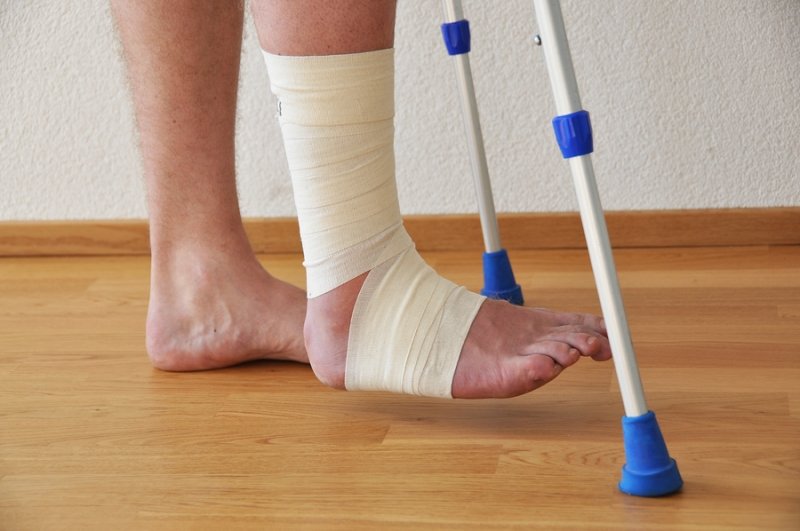
Fractures are breaks or cracks in bones caused by trauma, stress, or medical conditions that weaken the bones. They can range from hairline fractures to complete breaks and can affect any bone in the body. Common symptoms include pain, swelling, bruising, and difficulty moving the affected area.
Physiotherapy is crucial in the rehabilitation of fractures. It helps in reducing pain, restoring mobility, and strengthening the affected area to support recovery and prevent future injuries. Treatment may include specific exercises, manual therapy, and guidance on returning to daily activities safely.
Physiotherapy plays a vital role in fracture recovery by addressing pain, improving range of motion, and rebuilding strength. A tailored rehabilitation plan ensures a full recovery and helps you regain function and mobility in the injured area.
Reduces pain and swelling
Restores range of motion and flexibility
Strengthens the affected area
Guides safe return to daily activities


Here are some common questions we receive about fractures and our physiotherapy treatments:
Fractures are caused by trauma such as falls or accidents, repetitive stress on bones, or conditions that weaken the bones, like osteoporosis. They can occur from sudden impacts or prolonged pressure.
Physiotherapy aids in the healing process by managing pain, reducing swelling, and restoring function. Treatment may involve exercises to improve strength and mobility, manual therapy, and strategies to prevent future fractures.
Recovery time varies based on the type and location of the fracture, as well as the individual’s overall health. Generally, it can take several weeks to months for a fracture to heal fully, with physiotherapy supporting a quicker and more complete recovery.
During physiotherapy, your therapist will create a personalized plan focusing on pain management, restoring movement, and strengthening the injured area. They will guide you through exercises and techniques to support a full recovery.


